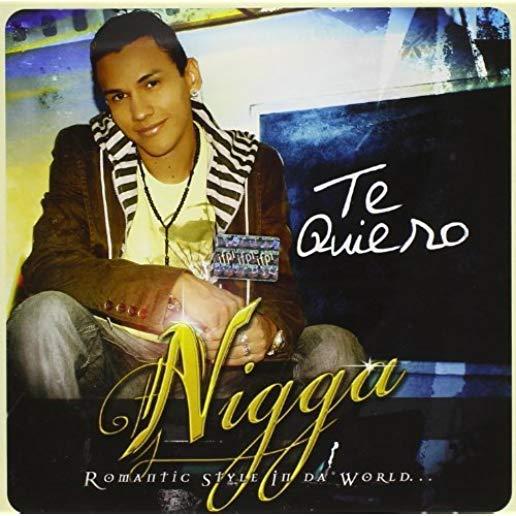
Sojoyner, Damien M.
product information
description
ceral state shapes daily life for young Black people--and how Black Americans resist, find joy, and cultivate new visions for the future. At the Southern California Library--a community organization and an archive of radical and progressive movements--the author meets a young man, Marley. In telling Marley's story, Damien M. Sojoyner depicts the overwhelming nature of Black precarity in the twenty-first century through the lenses of housing, education, health care, social services, and juvenile detention. But Black life is not defined by precarity; it embraces social visions of radical freedom that allow the pursuit of a life of joy beyond systems of oppression. Structured as a "record collection" of five "albums," this innovative book relates Marley's personal encounters with everyday aspects of the carceral state through an ethnographic A side and offers deeper context through an anthropological and archival B side. In Joy and Pain, Marley's experiences at the intersection of history and the contemporary political moment invite us to imagine more expansive futures.
member goods
No member items were found under this heading.
Return Policy
All sales are final
Shipping
No special shipping considerations available.
Shipping fees determined at checkout.







